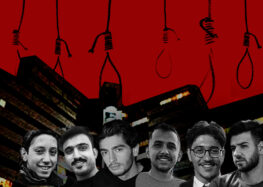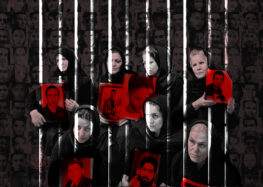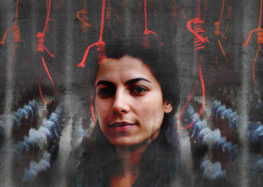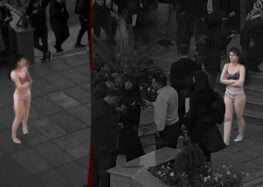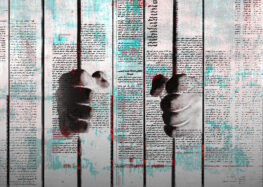Iran on “Execution Binge;” Immediate Moratorium Urged
On Average, One Person Executed Every Eight Hours in 2011
Kurdish Prisoner Executed; At Least 15 Other Kurdish Political Prisoners in Danger of Execution
Since the beginning of the New Year, Iran has hanged 47 prisoners, or an average of about one person every eight hours. Iran executes more people per capita than any other country, and in absolute numbers, is second only to China.
On Saturday, 15 January 2011, Iran hanged a Kurdish prisoner some Iranian websites have identified as Hossein Khazri, a Kurdish political prisoner on the death row. A local official in the province of Western Azerbaijan told media that “a member of the Pejak (an armed Kurdish guerilla group)” was hanged in Urumiye prison on Saturday morning. He did not name the executed prisoner.
Khazri’s brother told the Campaign that the authorities have not provided any information to the family about the execution of his brother. Hossein Khazri had denied charges against him and said he was severely tortured.
“The Iranian Judiciary is on an execution binge orchestrated by the intelligence and security agencies,” stated Aaron Rhodes, a spokesperson for the Campaign.
“The execution of Kurdish activists, without fair trials and following torture, increasingly appears as a systematic, politically motivated process,” he said.
In addition to the execution of Khazri, Iranian media have reported a total of 46 executions in 2011: seven in Kermanshah on 1 January, sixteen in Ahwaz on 5 January, one in Asfaryan on 8 January, eight in Qom on 9 January, seven in Tehran on 12 January, five in Khorramabad on 13 January, two in Boroujerd on 14 January.
Khazri, who is around 29 years old, was convicted of being Mohareb, “an enemy of God,” on 11 July 2009, on the basis that he “endangered state security.” He reported in a letter to international organizations that he had been tortured while in prisons run by the Intelligence Ministry and the Revolutionary Guards, but according to Amnesty International, his request for an investigation was denied. He had refused to confess to committing any of the crimes for which he was convicted.
Another Kurdish activist, Habibollah Latifi, was about to be hung on 26 December 2010, but the execution was halted. The Campaign considers him still at grave risk.
On 9 May 2010, Kurdish activists Farzad Kamangar and Shirin Alam Holi were hung.
At least 14 other Kurdish prisoners are in danger of execution: Zeinab Jalilian, Shirkoo Moarefi, Rostam Arkia, Mostafa Salimi, Anvar Rostami, Rashid Akhkandi, Mohammad Amin Aghooshi, Ahmad Pooladkhani, Seyed Sami Husseini, Seyed Jamal Mohammadi, Hasan Talei, Iraj Mohammadi, Mohammad Amin Abdollahi and Ghader Mohammadzadeh.
According to information received by and reported by the Campaign, the number of executions in Iran is apparently even higher than previously reported. Multiple and reliable reports indicate that secret, mass executions of more than a hundred have taken place in Mashad’s Vakilabad prison.
“When executions become the method of choice to solve political and practical problems, human life is being tragically devalued in Iran,” Rhodes said.
The International Campaign for Human Rights in Iran called upon Iran to institute an immediate moratorium on executions and an independent review of all pending death penalty cases, including those of juvenile offenders who have allegedly committed crimes under the age of 18, and to take steps toward the abolition of the death penalty.

